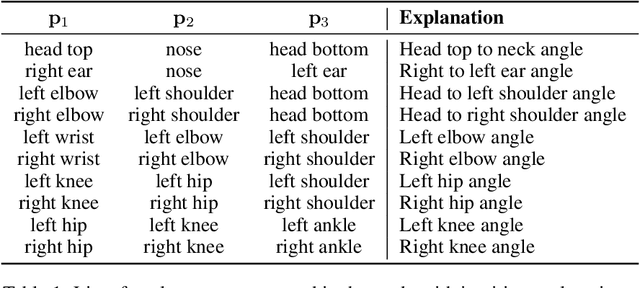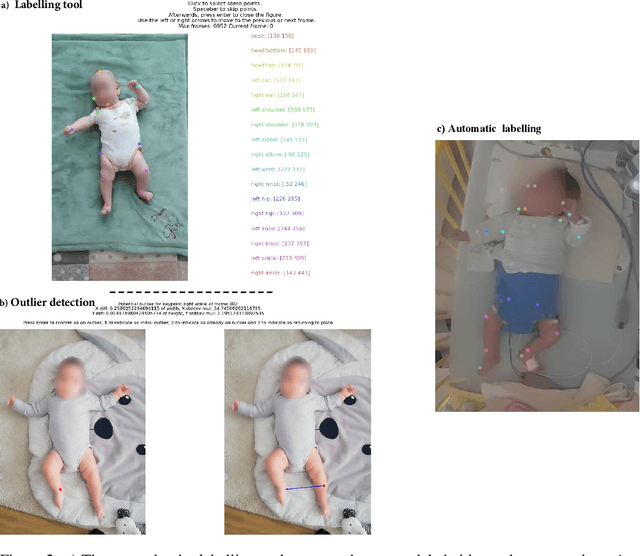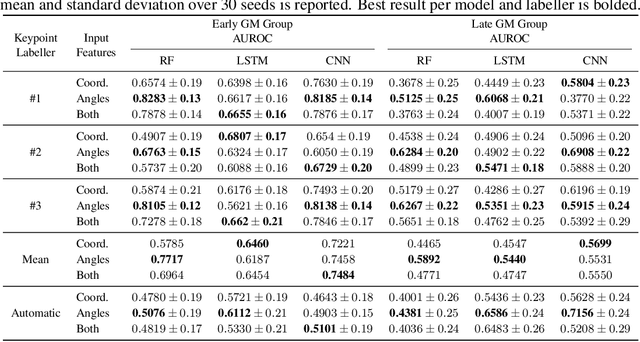Julia E Vogt
Artificial Intelligence Should Genuinely Support Clinical Reasoning and Decision Making To Bridge the Translational Gap
Jun 05, 2025Abstract:Artificial intelligence promises to revolutionise medicine, yet its impact remains limited because of the pervasive translational gap. We posit that the prevailing technology-centric approaches underpin this challenge, rendering such systems fundamentally incompatible with clinical practice, specifically diagnostic reasoning and decision making. Instead, we propose a novel sociotechnical conceptualisation of data-driven support tools designed to complement doctors' cognitive and epistemic activities. Crucially, it prioritises real-world impact over superhuman performance on inconsequential benchmarks.
Measuring Leakage in Concept-Based Methods: An Information Theoretic Approach
Apr 13, 2025Abstract:Concept Bottleneck Models (CBMs) aim to enhance interpretability by structuring predictions around human-understandable concepts. However, unintended information leakage, where predictive signals bypass the concept bottleneck, compromises their transparency. This paper introduces an information-theoretic measure to quantify leakage in CBMs, capturing the extent to which concept embeddings encode additional, unintended information beyond the specified concepts. We validate the measure through controlled synthetic experiments, demonstrating its effectiveness in detecting leakage trends across various configurations. Our findings highlight that feature and concept dimensionality significantly influence leakage, and that classifier choice impacts measurement stability, with XGBoost emerging as the most reliable estimator. Additionally, preliminary investigations indicate that the measure exhibits the anticipated behavior when applied to soft joint CBMs, suggesting its reliability in leakage quantification beyond fully synthetic settings. While this study rigorously evaluates the measure in controlled synthetic experiments, future work can extend its application to real-world datasets.
Beyond Glucose-Only Assessment: Advancing Nocturnal Hypoglycemia Prediction in Children with Type 1 Diabetes
Apr 12, 2025Abstract:The dead-in-bed syndrome describes the sudden and unexplained death of young individuals with Type 1 Diabetes (T1D) without prior long-term complications. One leading hypothesis attributes this phenomenon to nocturnal hypoglycemia (NH), a dangerous drop in blood glucose during sleep. This study aims to improve NH prediction in children with T1D by leveraging physiological data and machine learning (ML) techniques. We analyze an in-house dataset collected from 16 children with T1D, integrating physiological metrics from wearable sensors. We explore predictive performance through feature engineering, model selection, architectures, and oversampling. To address data limitations, we apply transfer learning from a publicly available adult dataset. Our results achieve an AUROC of 0.75 +- 0.21 on the in-house dataset, further improving to 0.78 +- 0.05 with transfer learning. This research moves beyond glucose-only predictions by incorporating physiological parameters, showcasing the potential of ML to enhance NH detection and improve clinical decision-making for pediatric diabetes management.
Automatic Classification of General Movements in Newborns
Nov 14, 2024



Abstract:General movements (GMs) are spontaneous, coordinated body movements in infants that offer valuable insights into the developing nervous system. Assessed through the Prechtl GM Assessment (GMA), GMs are reliable predictors for neurodevelopmental disorders. However, GMA requires specifically trained clinicians, who are limited in number. To scale up newborn screening, there is a need for an algorithm that can automatically classify GMs from infant video recordings. This data poses challenges, including variability in recording length, device type, and setting, with each video coarsely annotated for overall movement quality. In this work, we introduce a tool for extracting features from these recordings and explore various machine learning techniques for automated GM classification.
On the Challenges and Opportunities in Generative AI
Feb 28, 2024Abstract:The field of deep generative modeling has grown rapidly and consistently over the years. With the availability of massive amounts of training data coupled with advances in scalable unsupervised learning paradigms, recent large-scale generative models show tremendous promise in synthesizing high-resolution images and text, as well as structured data such as videos and molecules. However, we argue that current large-scale generative AI models do not sufficiently address several fundamental issues that hinder their widespread adoption across domains. In this work, we aim to identify key unresolved challenges in modern generative AI paradigms that should be tackled to further enhance their capabilities, versatility, and reliability. By identifying these challenges, we aim to provide researchers with valuable insights for exploring fruitful research directions, thereby fostering the development of more robust and accessible generative AI solutions.
 Add to Chrome
Add to Chrome Add to Firefox
Add to Firefox Add to Edge
Add to Edge